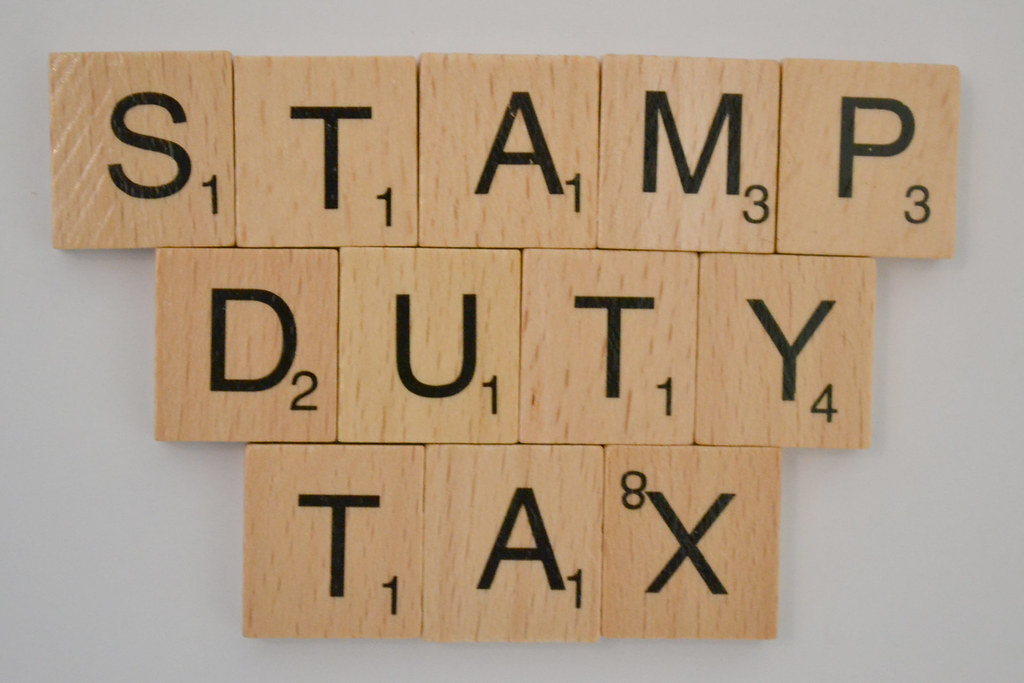Cornerstone Tax has called on the government to extend the stamp duty holiday following the Prime Minister’s announcement that England is heading back into a full nationwide lockdown.
The stamp duty holiday, first announced by the Treasury last July, means homebuyers across England and Northern Ireland pay no stamp duty when purchasing homes up to a value of £500,000, with a reduced rate for homes above that. For someone buying a £500,000 property, the saving is worth £15,000.
However, Cornerstone has warned that the end of the holiday, due on 31 March 2021, will create a “cliff edge in demand” alongside fallout from Brexit and the ongoing impact of coronavirus on the UK economy.
Furthermore, the tax advisory firm suggested that forecasters have predicted a rapid downturn in the housing market in 2021, with the stamp duty holiday set to expire and unemployment likely to rise when the furlough scheme ends in April.
Cornerstone founder and principal consultant, David Hannah, said the government needs to review the upcoming stamp duty holiday deadline to prevent the cliff edge of those who believe they will benefit from missing out, as well as to soften the drop in demand.
“It is critical that the government reviews this stamp duty holiday, and either announces an extension or amends the tax payment date so that homebuyers can still take advantage of the holiday even if they cannot complete by 31 March,” Hannah argued.
“The most preferable option would be a phasing out of the holiday, to avoid those who are currently in the process of purchasing their properties, essentially being thrown off a cliff edge.
“Especially now that the country is being plunged back into another full lockdown, more must be done to help people get on the property ladder and give the market some security in what will be a very turbulent few months.
“Government-backed purchase mortgage guarantees for borrowers would be a great way to reinstall confidence in the lending market. If the term of these guarantees were for five years, for example, the inflation of the housing market during the medium-term would wipe off any negative equity on those properties.”
Latest News
Mortgage Advice Bureau and AI in the mortgage sector
Chief executive officer at Mortgage Advice Bureau, Peter Brodnicki, and founder and managing director at Heron Financial, Matt Coulson, joined content editor Dan McGrath to discuss how Mortgage Advice Bureau is using artificial intelligence to make advancements in the mortgage industry, the limitations of this technology and what 2026 will hold for the market
Perenna and the long-term fixed mortgage market

Content editor, Dan McGrath, spoke to head of product, proposition and distribution at Perenna, John Davison, to explore the long-term fixed mortgage market, the role that Perenna plays in this sector and the impact of the recent Autumn Budget
NEW BUILD IN FOCUS - NEW EPISODE OF THE MORTGAGE INSIDER PODCAST, OUT NOW

Figures from the National House-Building Council saw Q1 2025 register a 36% increase in new homes built across the UK compared with the same period last year, representing a striking development for the first-time buyer market. But with the higher cost of building, ongoing planning challenges and new and changing regulations, how sustainable is this growth? And what does it mean for brokers?
Does the North-South divide still exist in the UK housing market?

What do the most expensive parts of the country reveal about shifting demand? And why is the Manchester housing market now outperforming many southern counterparts?
In this episode of the Barclays Mortgage Insider Podcast, host Phil Spencer is joined by Lucian Cook, Head of Research at Savills, and Ross Jones, founder of Home Financial and Evolve Commercial Finance, to explore how regional trends are redefining the UK housing, mortgage and buy-to-let markets.
In this episode of the Barclays Mortgage Insider Podcast, host Phil Spencer is joined by Lucian Cook, Head of Research at Savills, and Ross Jones, founder of Home Financial and Evolve Commercial Finance, to explore how regional trends are redefining the UK housing, mortgage and buy-to-let markets.
© 2019 Perspective Publishing Privacy & Cookies









Recent Stories